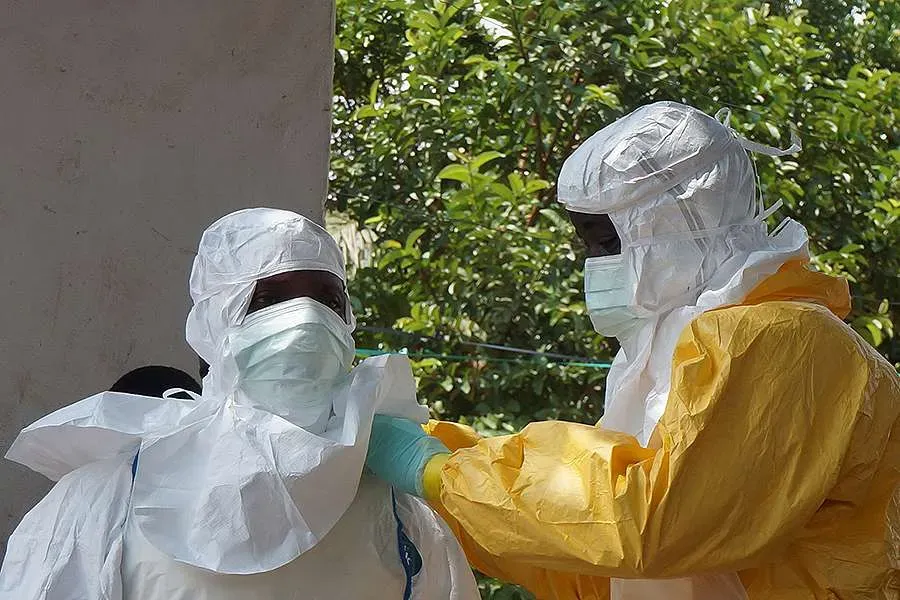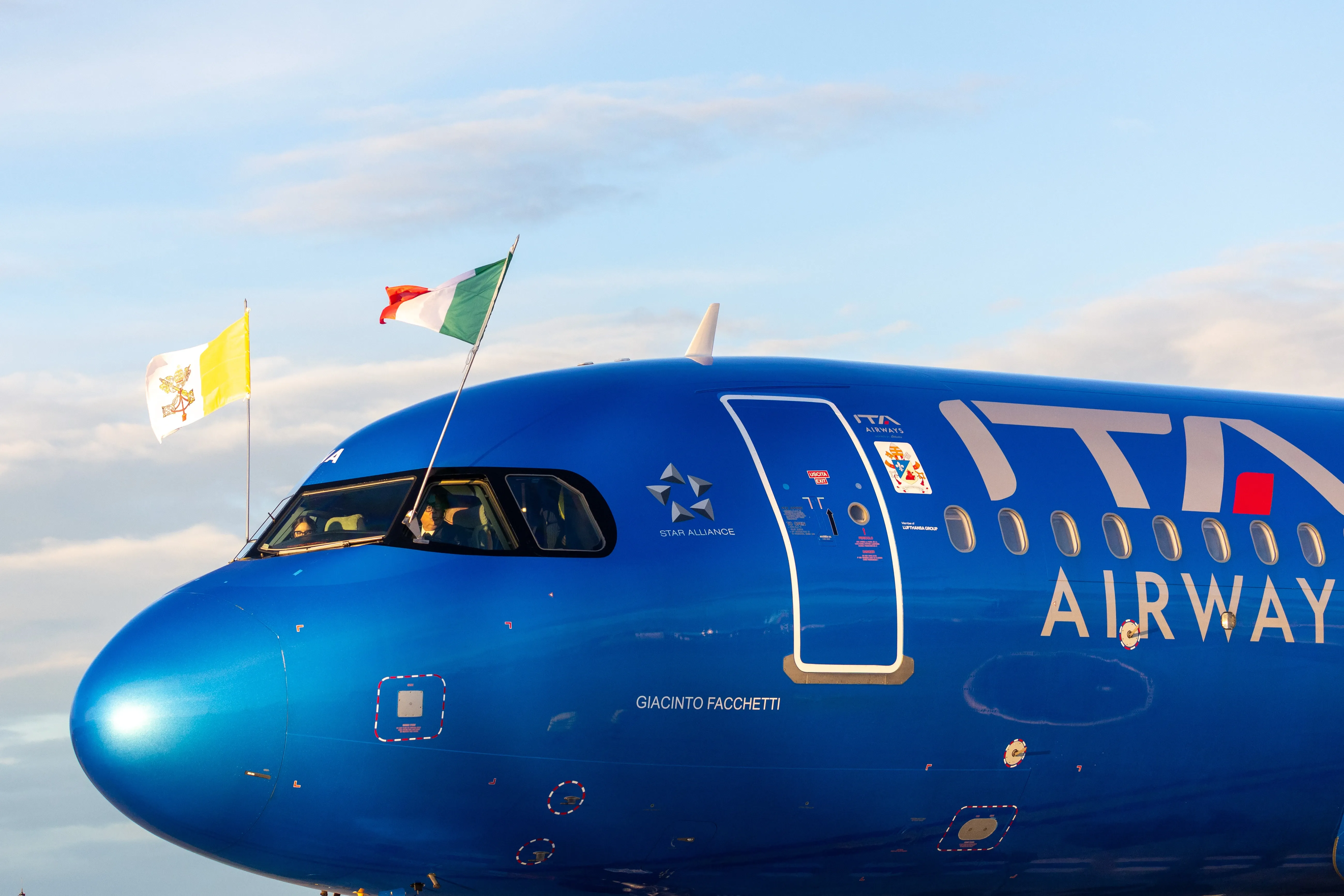The Ebola outbreak began in the DRC in August 2018. Since then, it has infected more than 2,500 people in the country and killed more than 1,600, making it the second largest outbreak in history.
Dr. Joanne Liu, president of Doctors Without Borders, voiced hope that the emergency declaration would prompt a unified international response.
“The reality check is that a year into the epidemic, it’s still not under control, and we are not where we should be,” she said, according to the Associated Press. “We cannot keep doing the same thing and expect different results.”
The Associated Press reported that internal WHO documents showed a reluctance to make the emergency declaration over concerns about whether it might prompt border closures that could negatively affect economic and health care efforts, and deter countries from reporting outbreaks in the future.
The DRC health department displayed skepticism over the emergency declaration, suggesting that it may have been made as a fundraising move, while some residents of eastern Congo voiced fear that neighboring countries would close their borders, which provide trade routes that are vital to DRC’s economy, the Associated Press reported.
The WHO will reassess the situation in three months to determine whether an international health emergency still exists. Such an emergency is defined as “an extraordinary event which is determined to constitute a public health risk to other States through the international spread of disease and to potentially require a coordinated international response.”
Efforts to contain the disease have been hampered by misinformation and distrust on the part of local communities, who in some cases have retaliated against health teams by attacking them. Nearly 200 attacks on medical centers and staff have been reported this year, according to the BBC. This has limited many of the health services that non-governmental organizations are able to provide.
Catholic Relief Services has been supporting local Caritas partners in responding through education campaigns to help residents know how to prevent and respond to the virus.
More than 160,000 people have received the Ebola vaccine, which is 99% effective, according to the BBC, but many more are fearful of it and refuse to receive it. In addition, violence in the eastern part of the DRC has made it difficult to reach some areas of the country, and difficult to monitor the virus as it spreads.
Ebola is a deadly virus that is primarily spread through contact with bodily fluids. Symptoms include fever, vomiting, diarrhea, muscle pains and occasional bleeding. The disease is fatal in up to 90 percent of cases.







